National Hospital Week 2025: A Commitment to Community
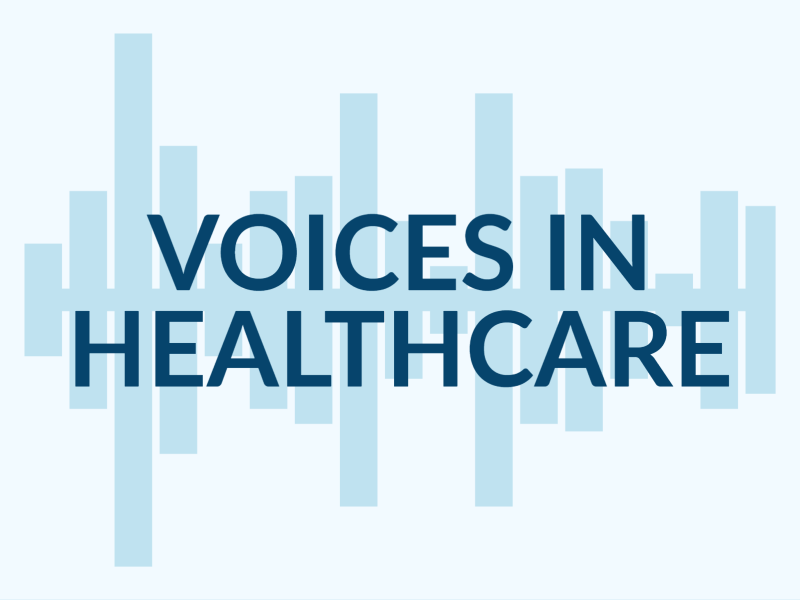
In honor of National Hospital Week (May 11–17), the Massachusetts Health & Hospital Association is proud to spotlight just some of the ways our local hospitals and healthcare organizations are making a difference in their communities each day.
Take a look at how these MHA members are investing in community health, supporting the healthcare workforce, and building partnerships that reach underserved populations. These initiatives reflect the vital role hospitals and health systems play not just in saving lives, but in strengthening the overall wellbeing of the communities they serve.
Boston Children’s Hospital: Family Food Connections
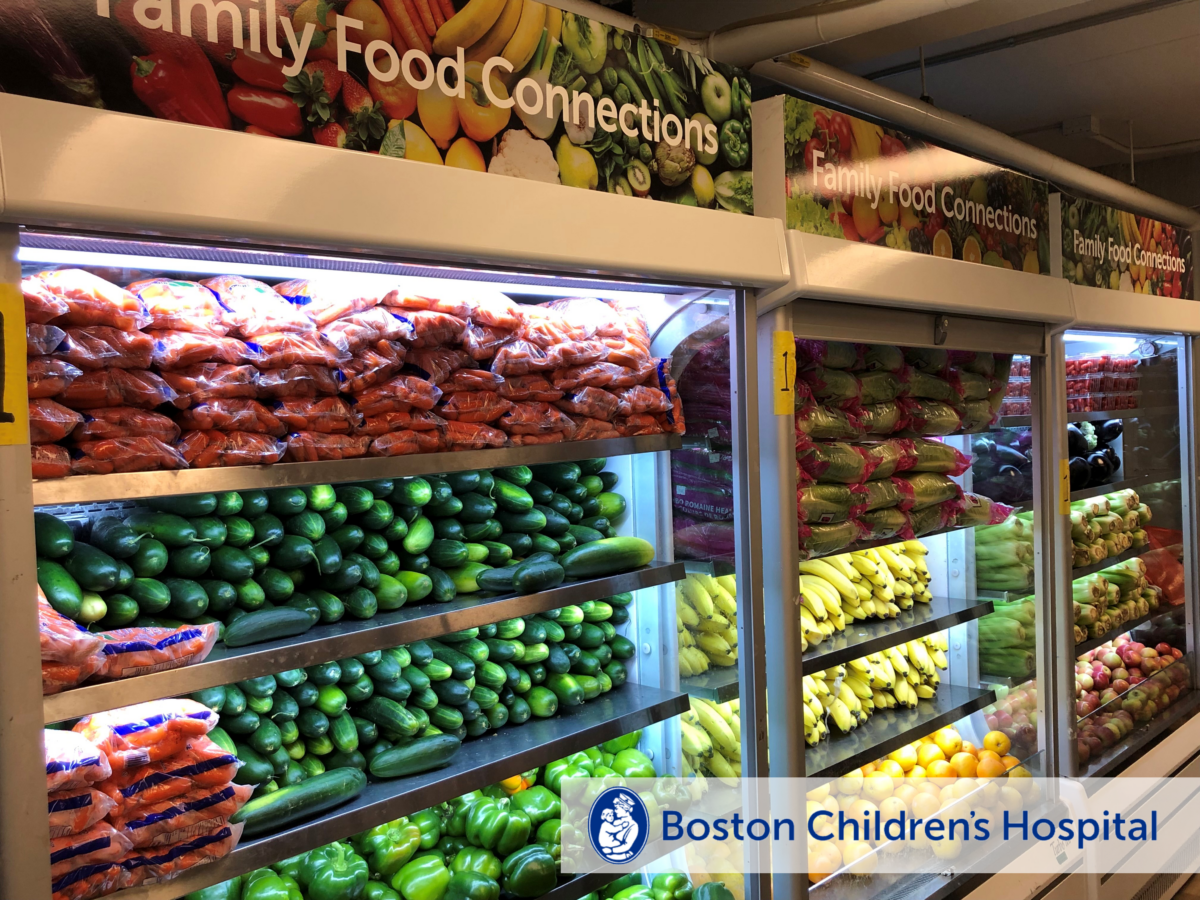
In 2022, Boston Children’s Hospital, in collaboration with the Boston Housing Authority, launched Family Food Connections, a community food pantry supporting patient families and local residents facing food insecurity. Understanding the link between nutrition and pediatric health, the pantry offers fresh, healthy, and culturally appropriate foods. In 2024, it recorded around 56,000 visits and distributes about 140,000 pounds of food monthly, including nearly 98,000 pounds of fresh produce. As food access remains a critical factor in pediatric healthcare, Family Food Connections is an essential resource committed to serving families and fostering meaningful connections made through food.
Baystate Health: Wellness on Wheels
Baystate Health’s Wellness on Wheels (WOW) Bus travels to communities in and around Springfield, providing free or low-cost screenings, health education, and counseling. The Bus meets patients where they live and work, connecting with the community by offering preventive medicine, screenings, and teaching classes. With stops in rural, urban, and suburban communities, the WOW Bus offers its services where people gather, such as at food pantries, churches, senior living, libraries, and more. Baystate encourages the next generation of health professionals to be community partners who can effectively address health inequities by including students in healthcare professions on the WOW Bus’s journeys.
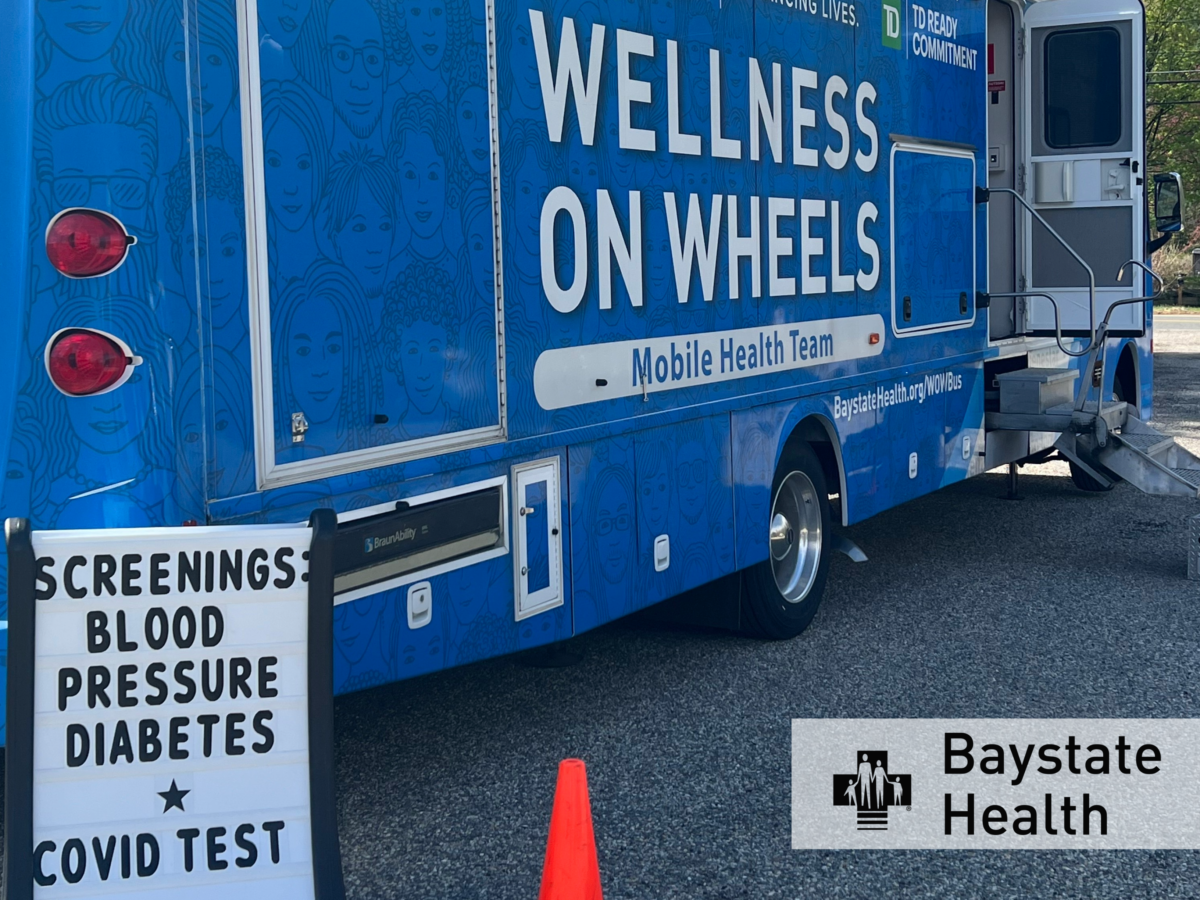
Berkshire Health Systems: Building Connections for Mothers
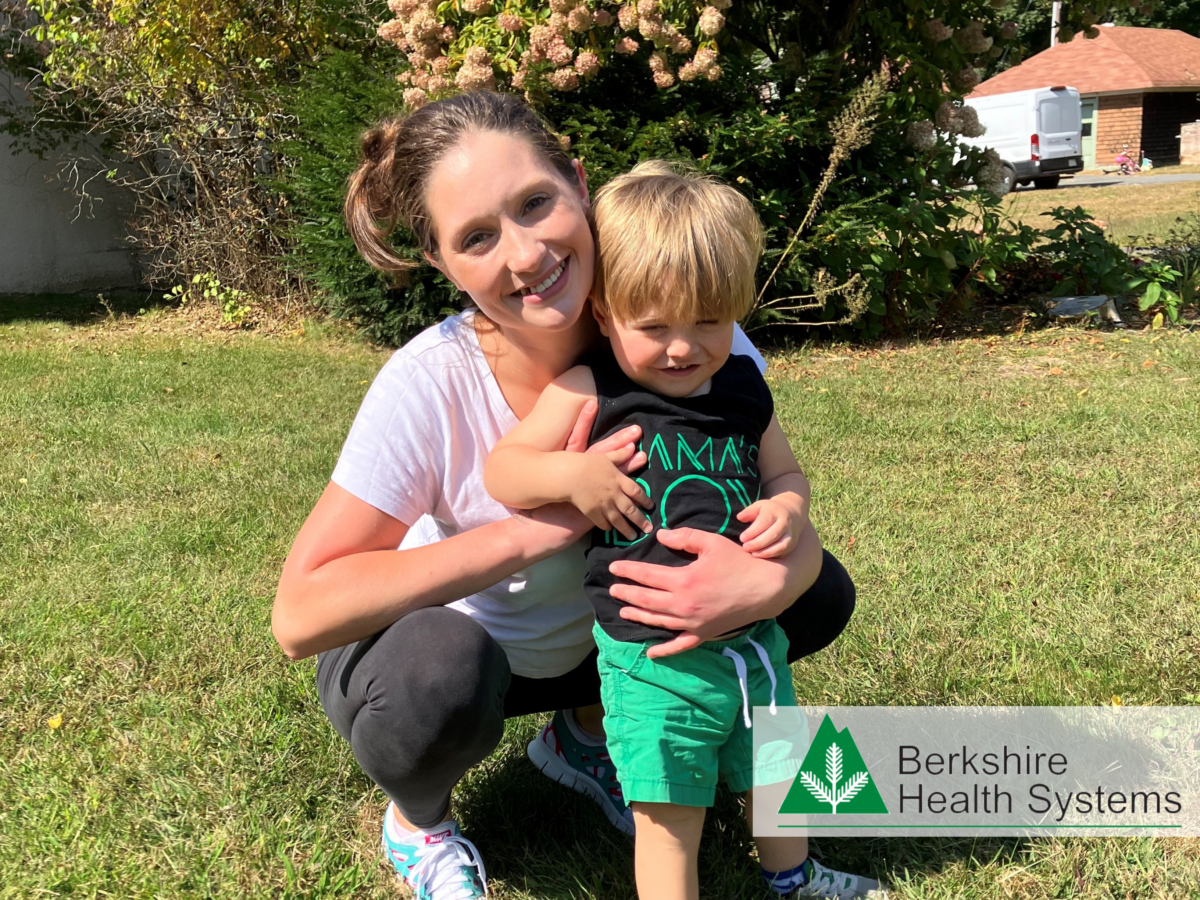
Berkshire Connections, a program of Berkshire Medical Center, supports prenatal and post-partum women in recovery or experiencing Substance Use Disorder for up to three-years post-partum. The program is part of Berkshire OB/GYN of BMC and helps patients to develop plans of safe care for after childbirth, and to aid in their communication and visits by the Department of Children and Families, as well as providing support to optimize their personal growth and support for their families. Since its launch, Berkshire Connections has helped more than 75 young women in the Berkshires.
Beth Israel Lahey Health: Delivering Mental Health First Aid
Beth Israel Lahey Health Community Benefits is proud to provide nationally-recognized mental health first aid training for a second year. Offered to service area communities in Massachusetts and New Hampshire, the training – which teaches participants how to recognize mental health concerns and offer reassurance – is part of our commitment to expand behavioral health access. To date, more than 360 people have attended one of 25 community-based training sessions, which are offered free-of-charge and are open to anyone. Participant surveys showed that 96% felt confident identifying a mental health issue and providing basic support.
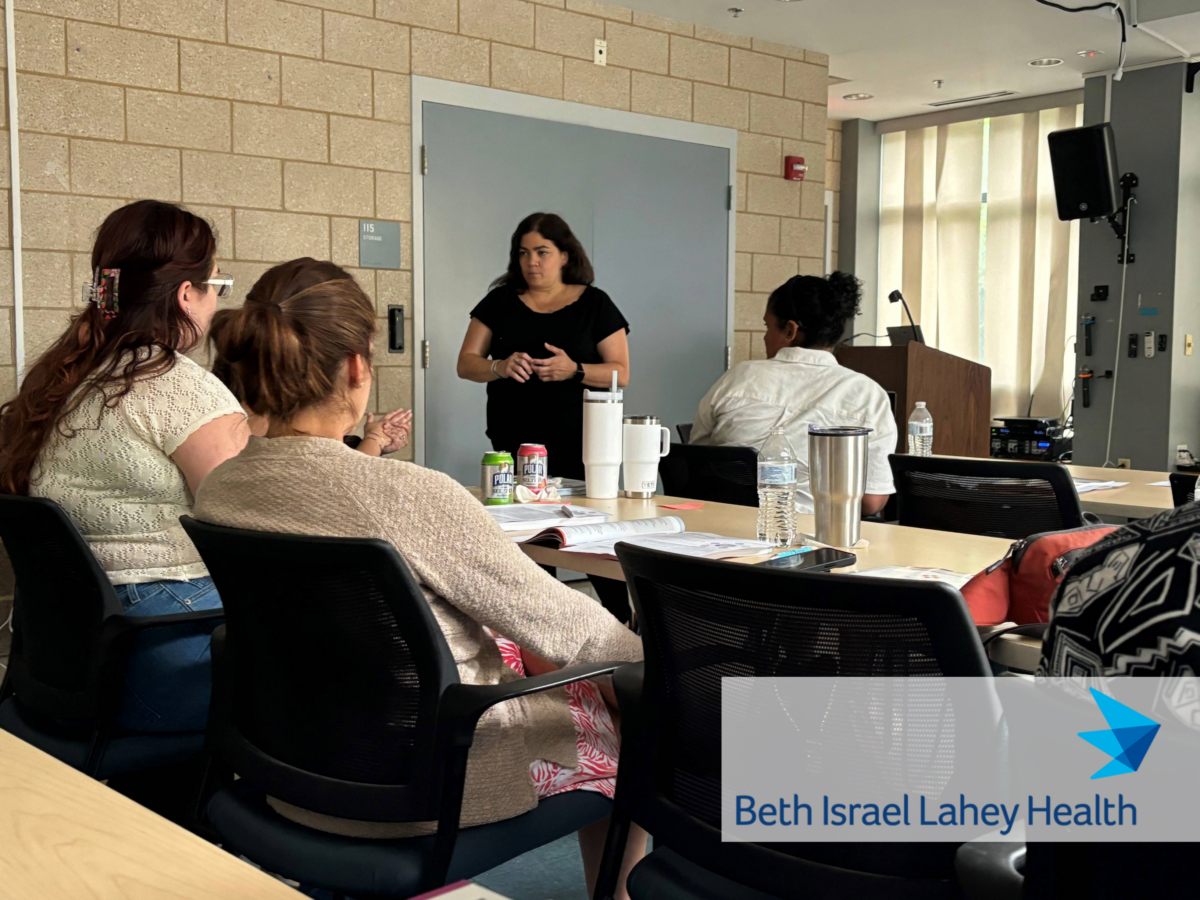
Cambridge Health Alliance: Community-Based Approach to Hypertension and Health Equity
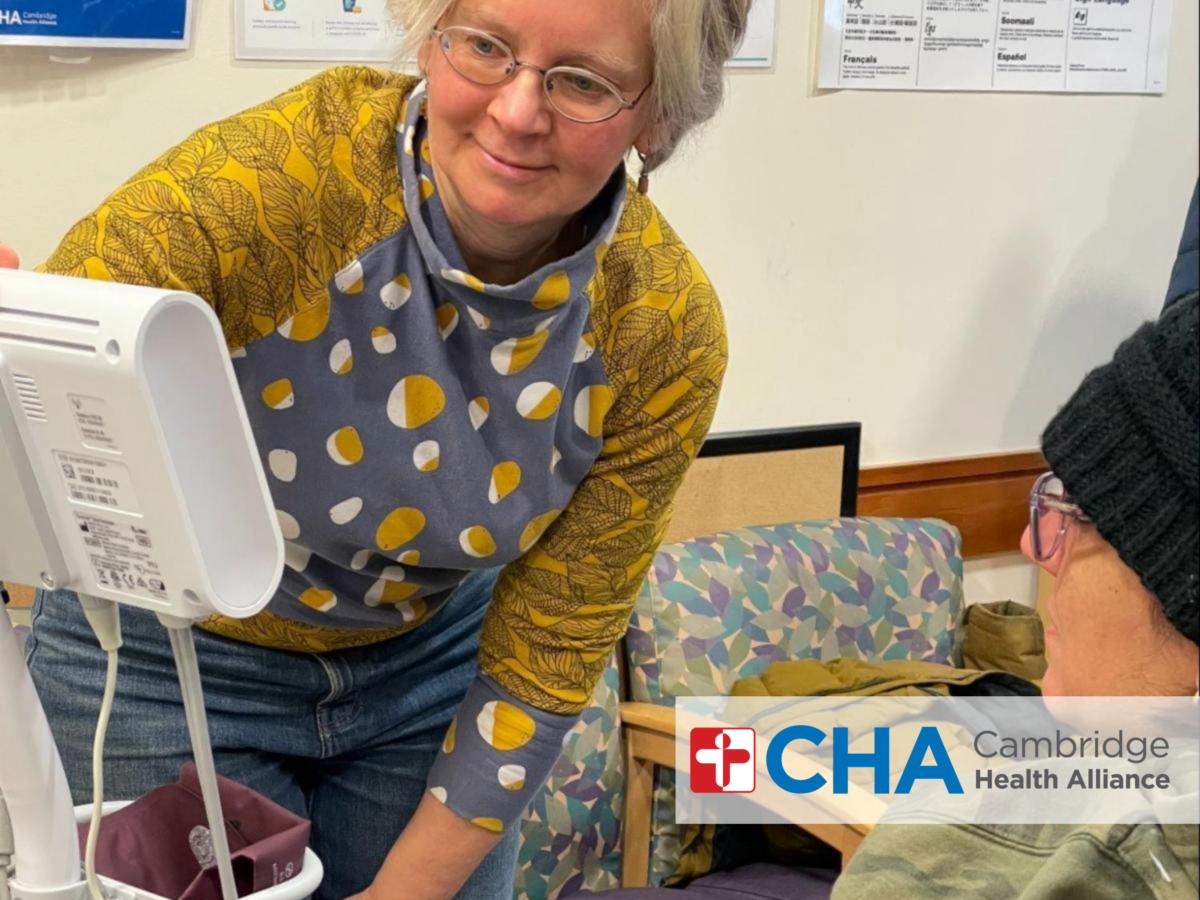
Cambridge Health Alliance is collaborating with clinical teams and community partners to implement strategies aimed at improving hypertension control and reducing health disparities. Several events are held each month, including blood pressure screenings at the Revere Mobile Market and hypertension workshops and wellness activities offered in multiple languages at community venues. One example is a session conducted in Amharic at a senior center frequently attended by Ethiopian residents. The event featured culturally appropriate heart-healthy recipes and blood pressure screenings. Additional community partnerships are being developed to address stress reduction, physical activity, the impact of climate on heart health, and smoking cessation.
Emerson Health: Letting Hope Bloom
Emerson Health proudly celebrates its third year partnering with the Yellow Tulip Project, a youth-driven movement breaking the stigma around mental health. This year, we planted 11 Hope Gardens across six towns — blooming at public spaces and schools as symbols of resilience and support. Each garden features a sign with a QR code linking to local mental health resources developed in collaboration with the National Alliance on Mental Illness (NAMI). The gardens foster open conversations, hope, and remind us that no one is alone. Together, we are creating change and letting hope bloom.
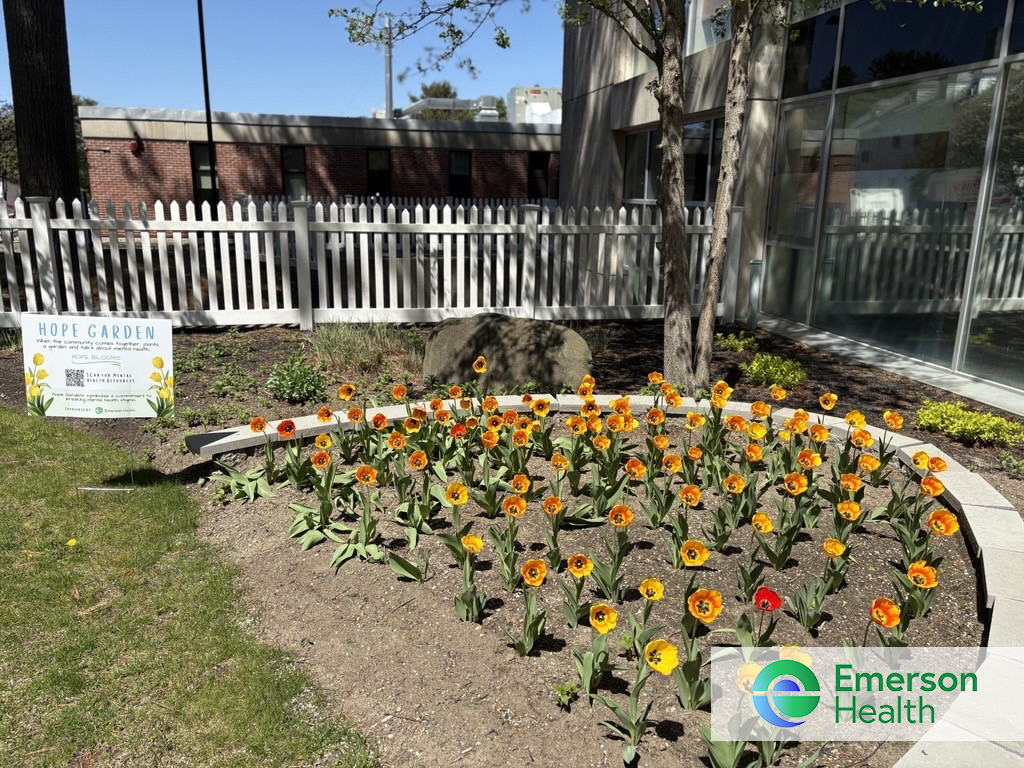
Hebrew SeniorLife: Fostering the Direct Care Workforce
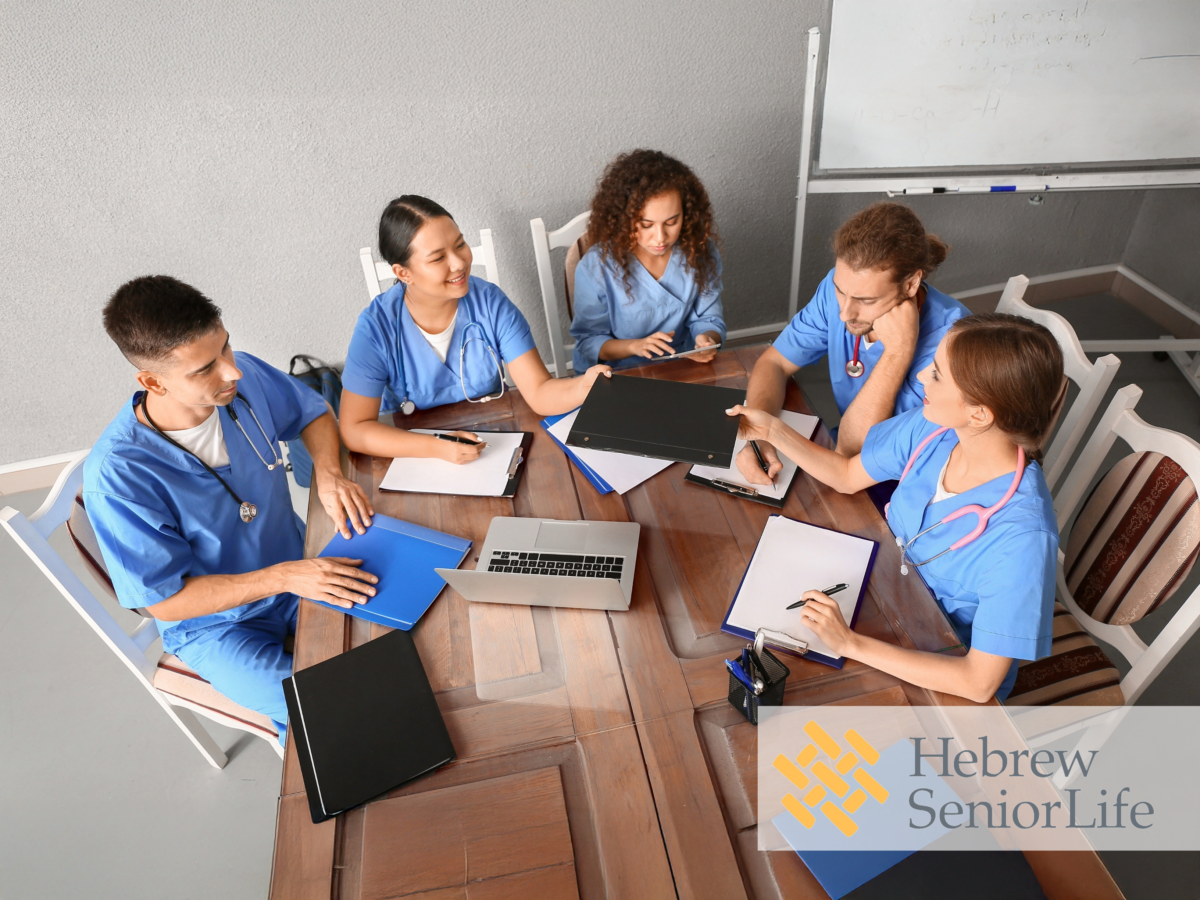
Hebrew SeniorLife (HSL) recently launched the Lunder Careforce Institute to advance health care careers and support the direct care workforce. This Institute offers training, mentorship, and educational pathways for Certified Nursing Assistants and Home Health Aides, enhancing their skills and career prospects. By investing in these essential workers, HSL aims to improve care quality and address workforce shortages, particularly in underserved communities. The Institute reflects HSL’s commitment to community wellbeing by fostering a skilled, supported, and diverse health care workforce. Through this program, HSL extends its impact beyond its facilities, uplifting both professional caregivers and the populations they serve.
Mass General Brigham: Investing in Healthcare Careers
Bloomberg Philanthropies’ $37.8 million grant — the largest in Boston Public Schools history — builds on a decades-long partnership between BPS and Mass General Brigham. The investment allows the Edward M. Kennedy Academy for Health Careers to double enrollment, expand health career pathways, and provide college courses and work-based learning. Launched in fall 2024, students visit MGB for on-site career exploration, offering insight into possible career pathways. The program prepares students for high-demand fields like nursing, EMT, sterile processing, surgical technology, lab medicine, and medical imaging — creating a talent pipeline for MGB and the region’s healthcare workforce.
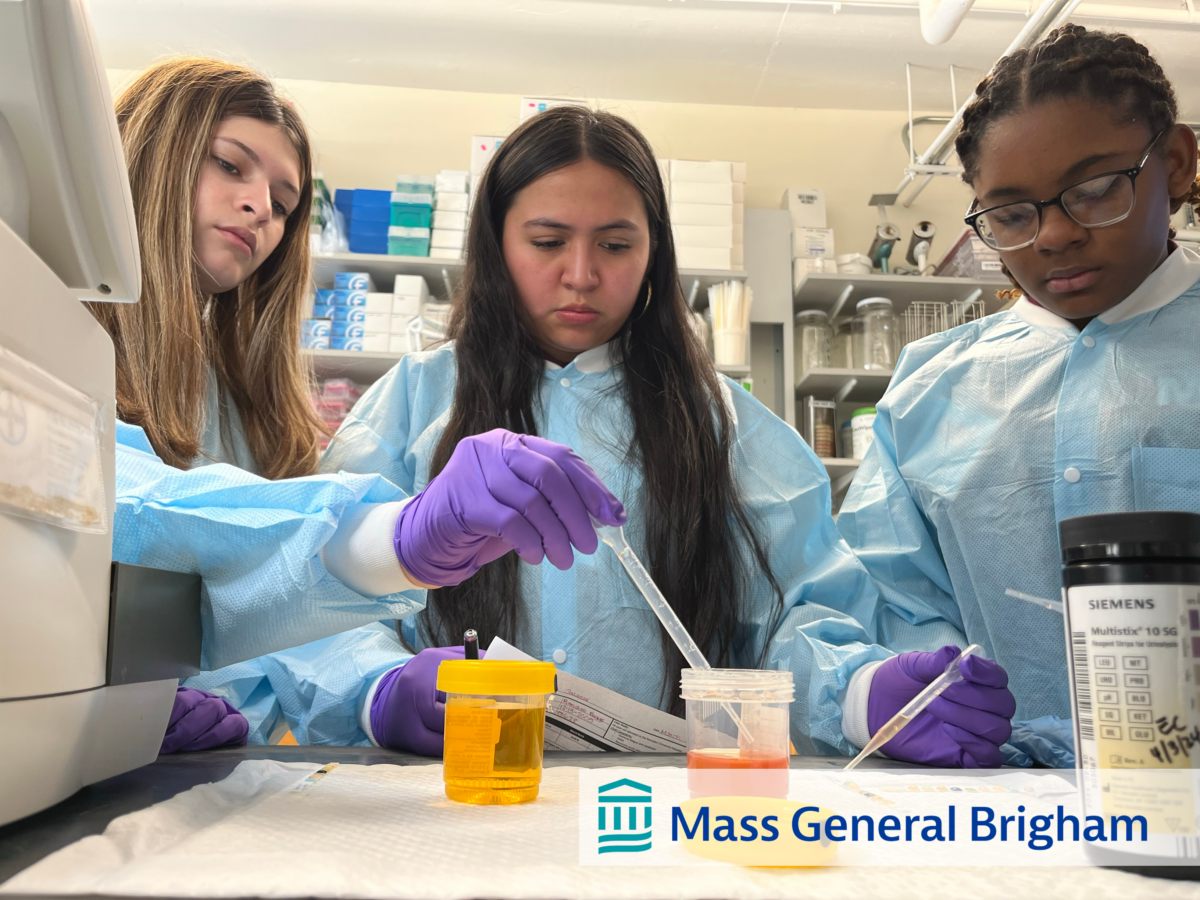
Lawrence General Hospital: Bringing Trauma Response into Communities
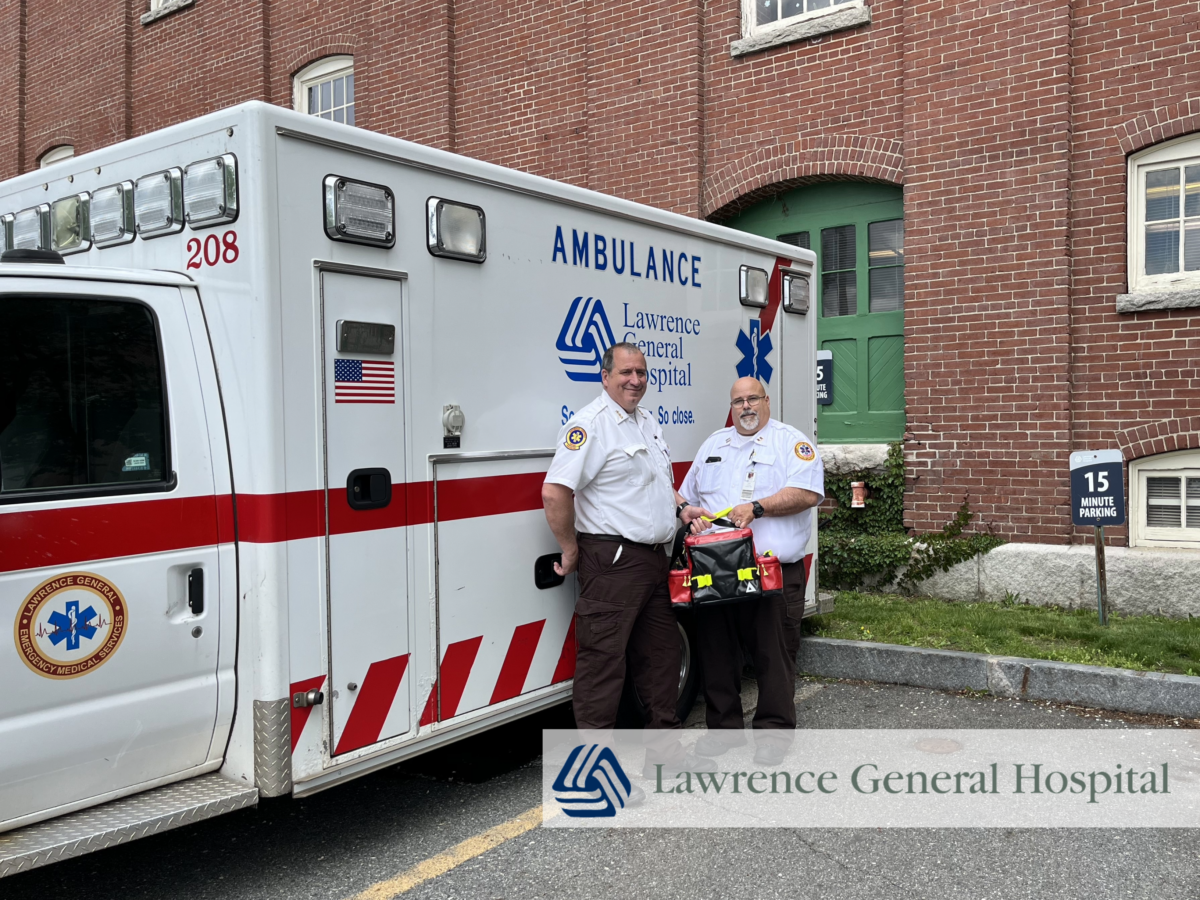
Lawrence General’s EMS department became only the second EMS agency in Massachusetts last December to establish a trauma-response whole blood transfusion program after completing an intensive 18-month evaluation to meet state’s requirements. This program, approved by the Massachusetts Department of Public Health through a Special Project Waiver, allows specially trained paramedics to transfuse whole blood to critically injured patients, allowing for the highest level of trauma care to begin in the field, often stabilizing and saving the lives of patients before they reach the hospital. Serving Lawrence and more than a dozen neighboring communities, the program enhances emergency care across the region. Since the program’s launch, ten patients* have received this life-saving service. (*as of the time of this submission)
Morton Hospital: Building Health & Homes
Morton Hospital has a long history of giving back to our community through various initiatives including sponsorships, volunteer work, and community benefits related partnerships. Recently, Morton Hospital joined several community businesses in sponsoring the Old Colony Habitat for Humanity’s first-ever Taunton home build. Members of the hospital’s leadership team volunteered for a build day to help put the finishing touches on a beautiful new home for a deserving family in our community.
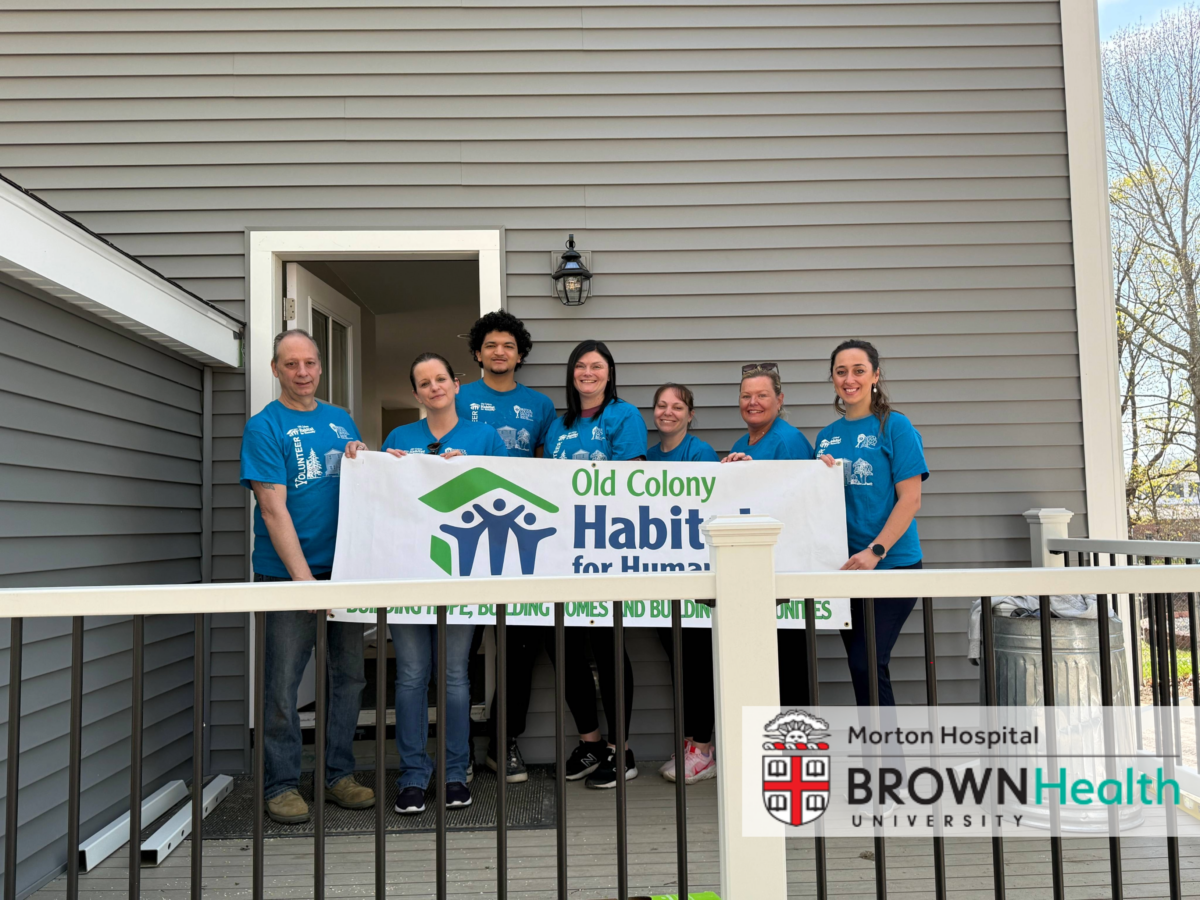
Southcoast Health: New Beginnings for Moms
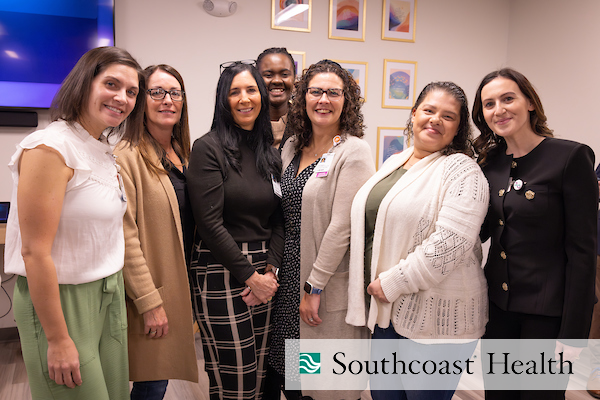
Southcoast Health’s Moms Do Care New Beginnings Program began in 2016 to provide support and service for pregnant and postpartum individuals navigating substance use, empowering them to achieve healthier futures for themselves and their babies. Designed to work within the non-profit health system, the team bridges the gap between clinical care and community resources, fostering resilience and encouraging long-term recovery. Over the years, and with support from local and state funders, the program has continuously expanded to address this pressing need with empathetic, evidence-based, and individualized care.
South Shore Health: Delivering Care through Modern-Day House Calls
Now in its fifth year, South Shore Health’s Mobile Integrated Health (MIH) program continues to bring care directly to patients’ homes, reducing emergency room visits and readmissions. Staffed by a multidisciplinary team and supported by telehealth, MIH has completed 22,740 home visits to over 6,300 people. The program supports patients with chronic conditions, mobility challenges, and post-hospital recovery — offering safe, convenient, and personalized care. Funded through philanthropy and insurance, MIH helps patients heal comfortably at home while maintaining high satisfaction and improved outcomes.
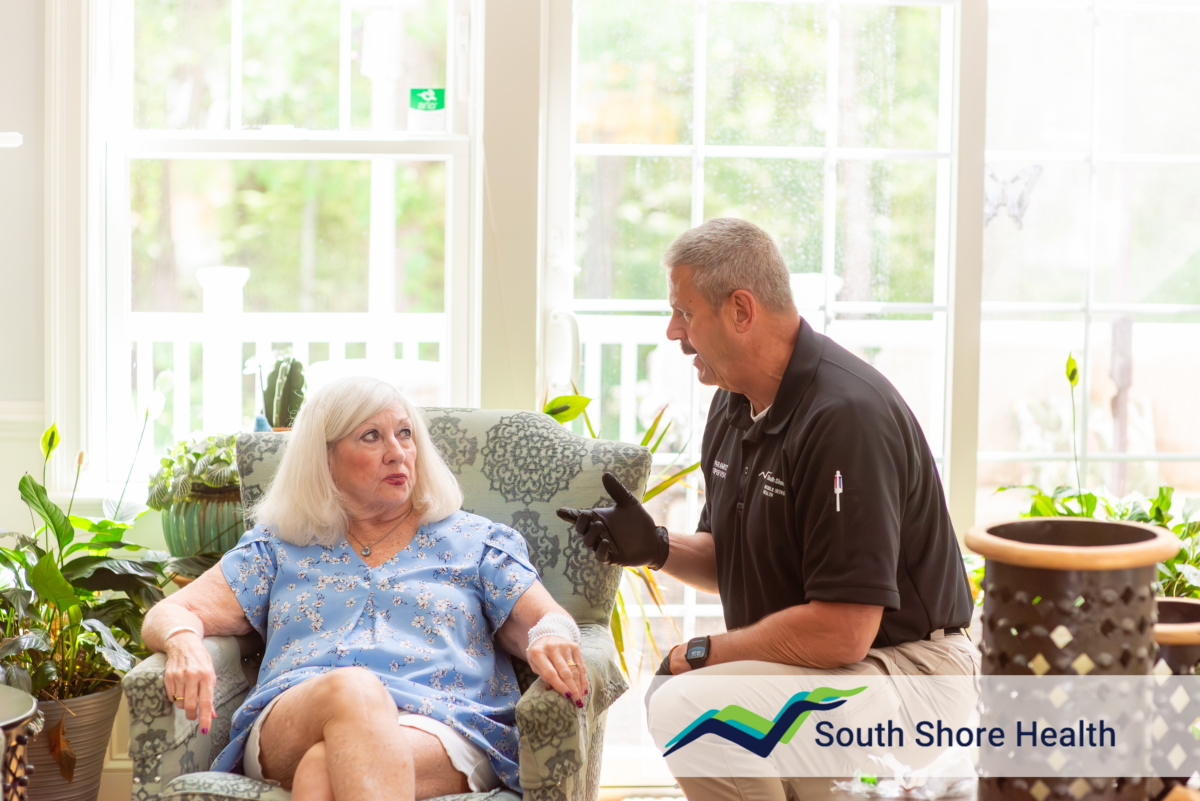
UMass Memorial Health: Breaking Ground on Affordable Housing
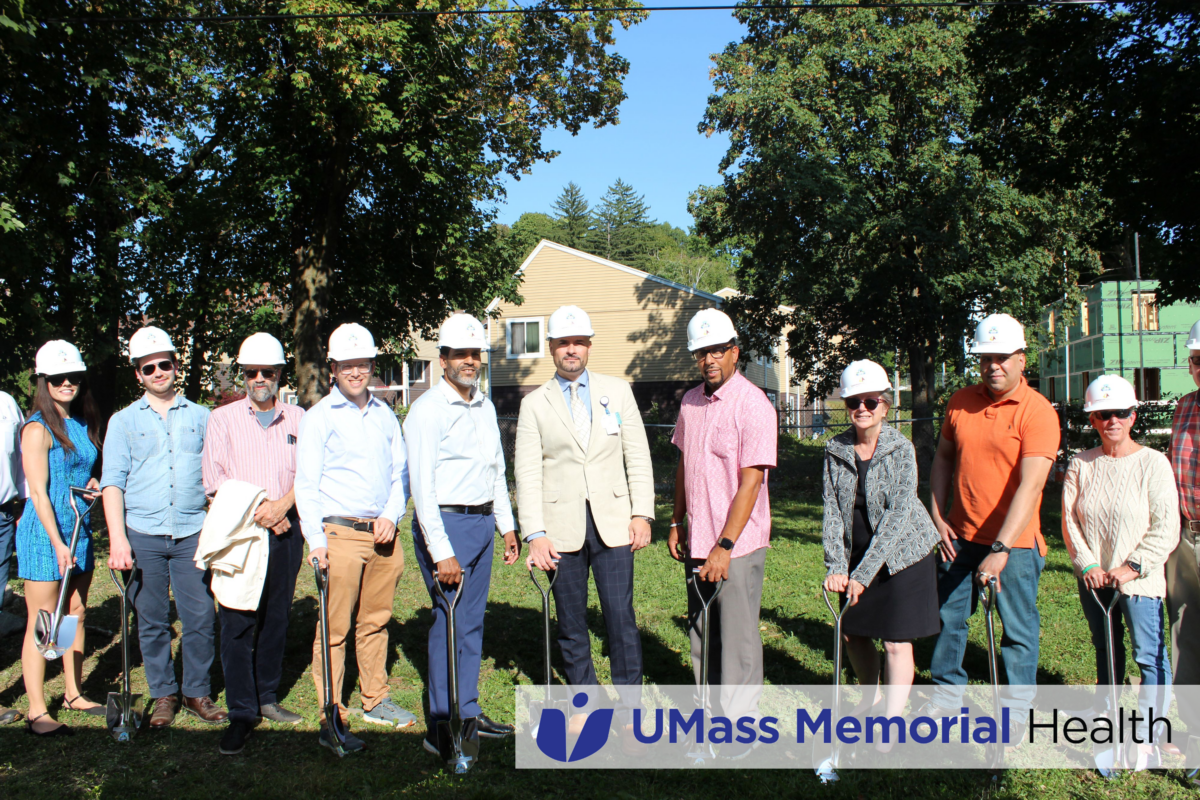
UMass Memorial Health has invested in Worcester Common Ground Community Development Corporation’s project to construct an affordable three-unit residential building for first-time, low-income homebuyers. In addition to transforming the lives of homeowners, the project will transform the property, which was previously a vacant lot. Neighborhood health and safety is expected to increase, and opportunities for illicit activities decrease. UMass Memorial’s Anchor Mission investment work redirects portions of its long-term portfolio to community projects that address the social drivers of health of the communities it serves.

 Massachusetts Health & Hospital Association
Massachusetts Health & Hospital Association